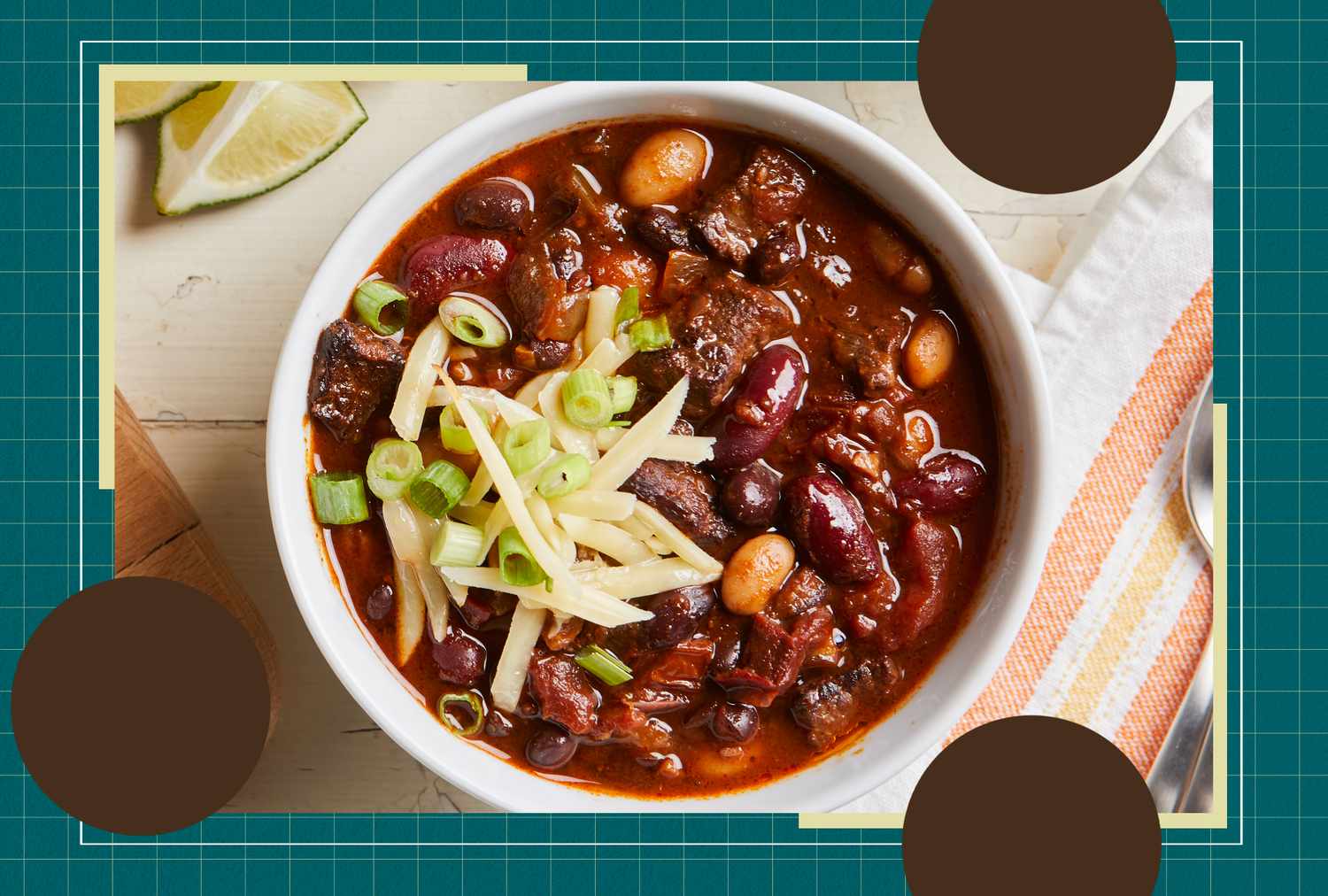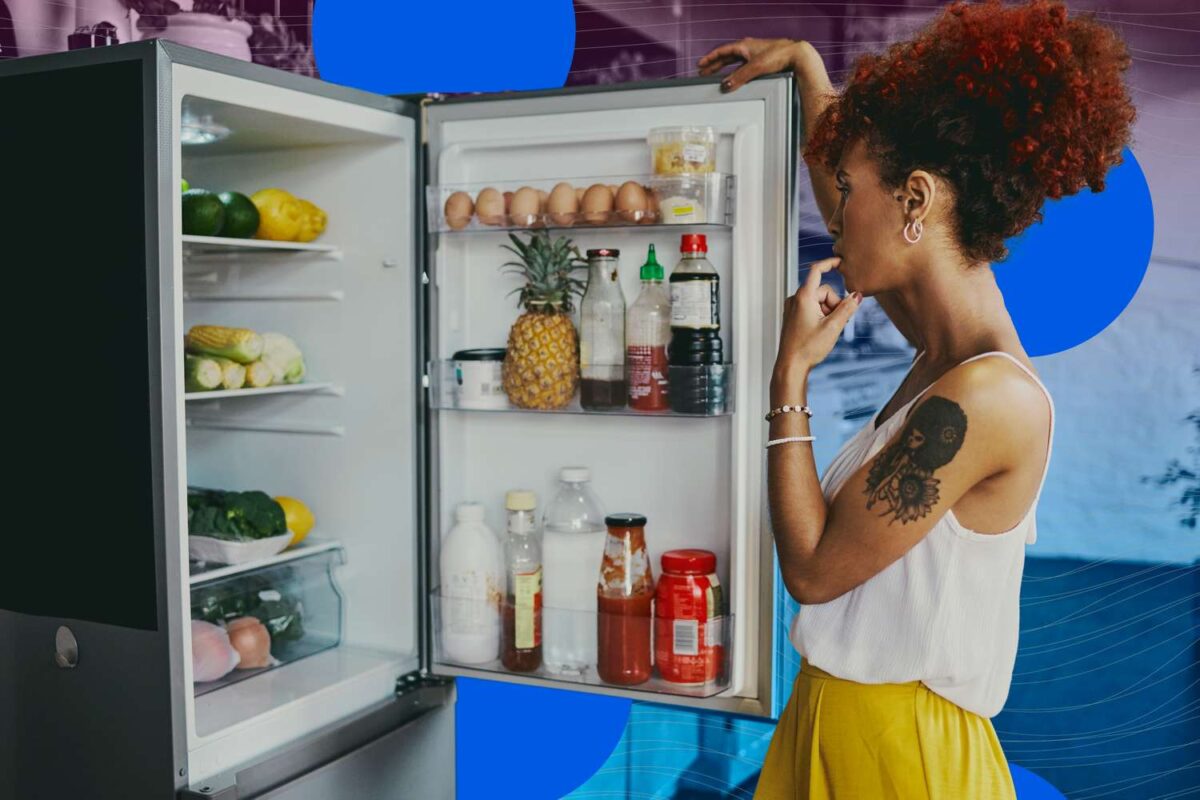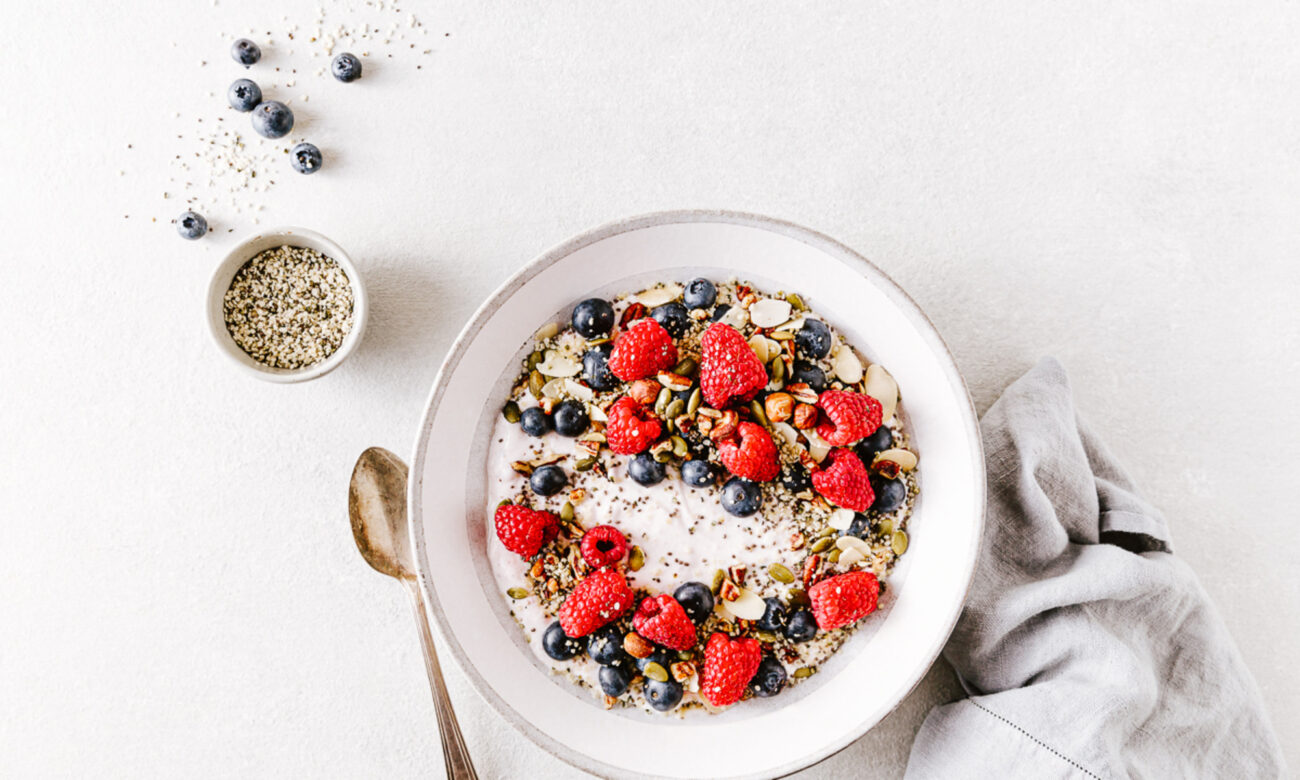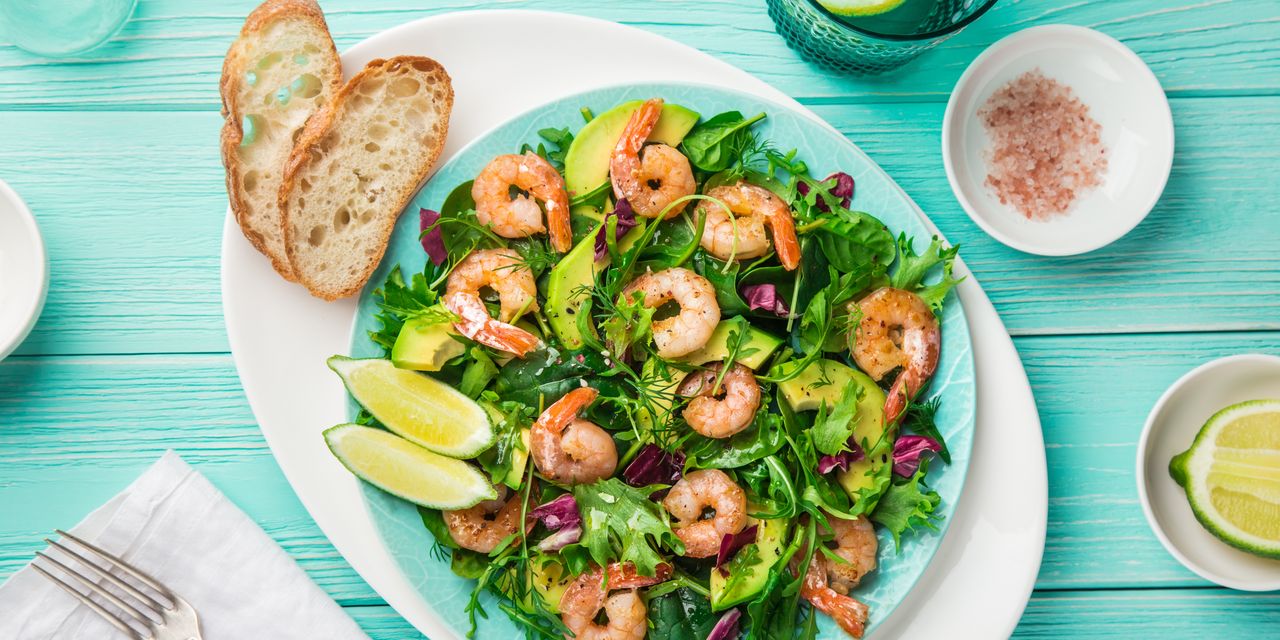Blog
The Best Protein to Help You Poop, According to a Dietitian

- Beans are an excellent source of fiber, plant protein and magnesium.
- These nutrients have been shown to help relieve and prevent constipation.
- Kidney beans have high amounts of these nutrients, making them a #1 pick for constipation.
A healthy bowel movement should be easy to pass—and pain-free. Unfortunately, this is not the typical experience for many people. When stool is hard and dry, it makes it challenging to go and may result in it only happening a couple of times per week. If that’s your experience, you’re not alone. According to the National Institute of Diabetes and Digestive and Kidney Diseases, about 16% of U.S. adults struggle with constipation; the prevalence jumps to 33% among adults over age 60.
While some risk factors for constipation are largely out of your control, like being pregnant or taking certain medications, your diet can also play a big role. One of those factors is eating too little fiber. When you think of upping your fiber intake, protein-rich foods may not be top of mind, but some protein sources are also great for relieving constipation. In particular, we recommend kidney beans as a plant source of protein to help you poop. Why? They’re great for upping your fiber and protein intake, and we love that they’re super affordable and convenient to use. Learn the benefits of kidney beans for constipation and the runner-up proteins that can help, too, especially if kidney beans aren’t your thing.
Why Kidney Beans Are Great for Constipation
They’re High in Insoluble Fiber
All types of fiber are important for digestive health, but insoluble fiber is especially key for relieving constipation. Insoluble fiber helps food move through your system faster and adds bulk to your stool—something you may desperately need during a bout of constipation.
Compared to other beans, kidney beans are one of the best sources of total fiber and insoluble fiber, according to data from the National Library of Medicine’s resource Endotext. Each ½-cup serving of kidney beans contains almost 8 grams of fiber (29% of the Daily Value), about 6 grams of which is insoluble fiber.
It’s important to note that upping your insoluble fiber intake alone isn’t enough; you’ll also need to increase your fluid intake to help soften the stool as more fiber bulks it up.
They May Support a Healthy Gut Microbiome
It’s not surprising that a healthy gut microbiome sets the stage for healthy bowel habits, while an unhealthy gut microbiome can have the opposite effect. For example, a 2025 study in Frontiers in Nutrition found that a healthy gut microbiome was associated with a lower prevalence of constipation.
Beans and lentils fit into a category called pulses, which are rich in resistant starch, a type of carbohydrate that acts as a prebiotic, according to a 2022 study in Nutrients. Prebiotics help feed the good bacteria in your gut. Interestingly, the study authors note that cooked legumes have a relatively high amount of resistant starch compared to others, so they’re an especially beneficial way to fit in this type of prebiotic fiber.
Plus, studies have found that eating more beans and pulses supports the growth of healthy bacteria in the gut responsible for producing short-chain fatty acids like butyrate. The authors of another 2022 study in Nutrients believe that SCFAs can help with constipation by altering gut hormones and cells that control gut motility, as well as by directly affecting the smooth muscle in the intestinal tract that helps push stool out.
They’re a Good Source of Magnesium
Magnesium is a mineral with natural laxative properties, making it a popular supplement for constipation relief. You can find magnesium in a variety of vegetables, nuts, seeds, whole grains and beans. Kidney beans are an especially good source. They contain about 77 milligrams, or 18% of the DV, per cup, according to the USDA.
Upping your intake of dietary magnesium is a lesser-studied approach for relieving constipation compared to magnesium supplementation, but a 2021 study in Food Science & Nutrition found it may be helpful. The study used data from almost 10,000 participants ages 20 and older. Researchers found that participants who reported higher magnesium consumption had lower rates of chronic constipation, especially relating to the frequency of a healthy bowel movement. It’s why magnesium is a popular supplement to help you go.
Ways To Enjoy Kidney Beans
Other Proteins That Help Relieve Constipation
Kidney beans stand out for their high insoluble fiber, resistant starch and magnesium content, but many other proteins can also help with constipation. As a general rule, plant sources of protein are best for constipation since they tend to contain fiber, unlike animal proteins, which have no fiber. Some other good sources of protein to help you poop include:
- Legumes. If kidney beans aren’t your favorite, don’t feel like you have to force yourself to eat them. All kinds of beans, including soybeans, lentils and peanuts, have pretty similar nutrition profiles. They’re all great sources of both protein and fiber. Try this Three-Bean Chili that incorporates a few kinds of beans.
- Seeds. Seeds are another plant food rich in fiber and protein. For example, 1 ounce of chia seeds has about 5 grams of protein and almost 10 grams of fiber, per the USDA. Plus, that amount packs almost one-quarter of your daily value for magnesium.
- Nuts. Nuts like almonds, cashews, pistachios and walnuts are yet another plant protein that’s rich in fiber, too. And they make for a great snack. We love making these Sweet and Salty Roasted Nuts, or add nuts to spruce up a bowl of oatmeal.
Our Expert Take
When your bathroom trips are infrequent or painful, eating foods that contain fiber, prebiotics and magnesium may help. The best source of protein that fits the bill is beans. Kidney beans are one great example, but honestly, there are so many types of beans that add protein, fiber and resistant starch to your diet, that you’ll win no matter which ones you choose. These nutrients support a healthy gut microbiome and promote a much happier bathroom experience.












